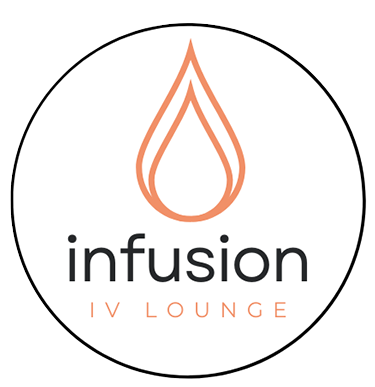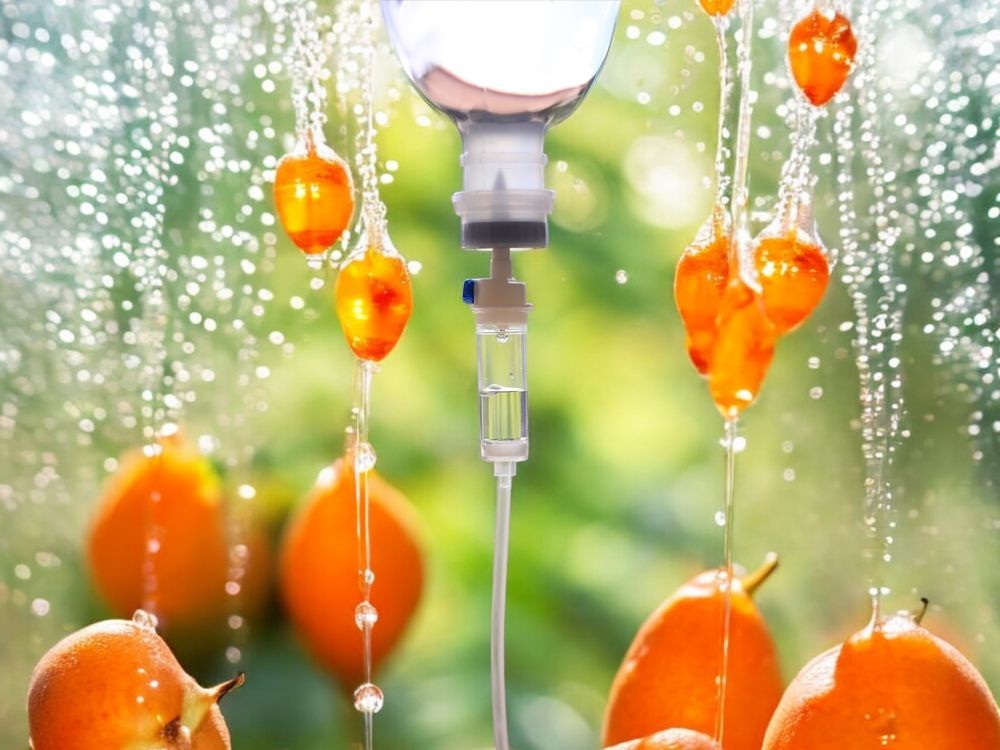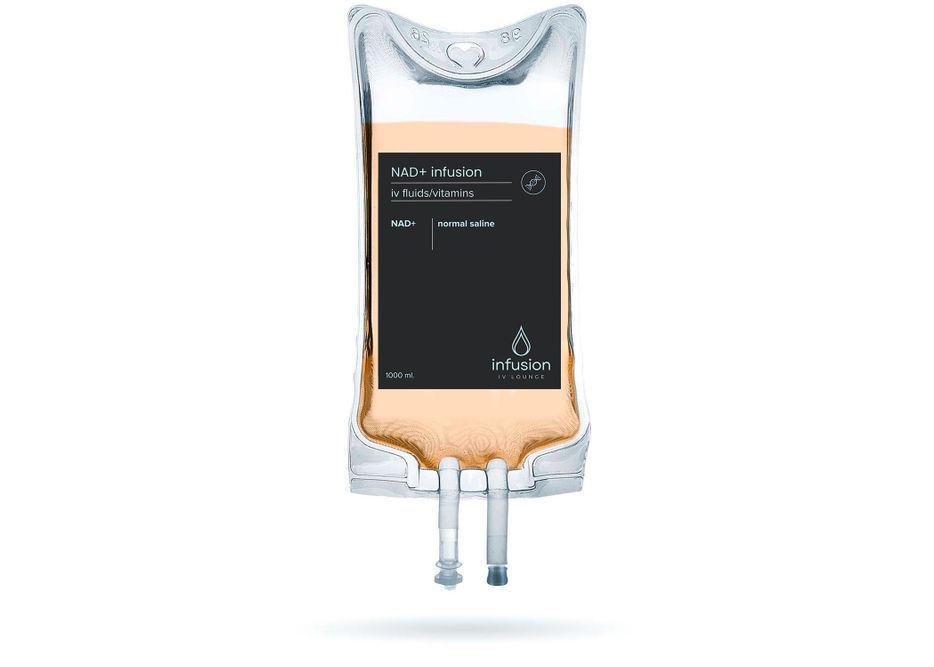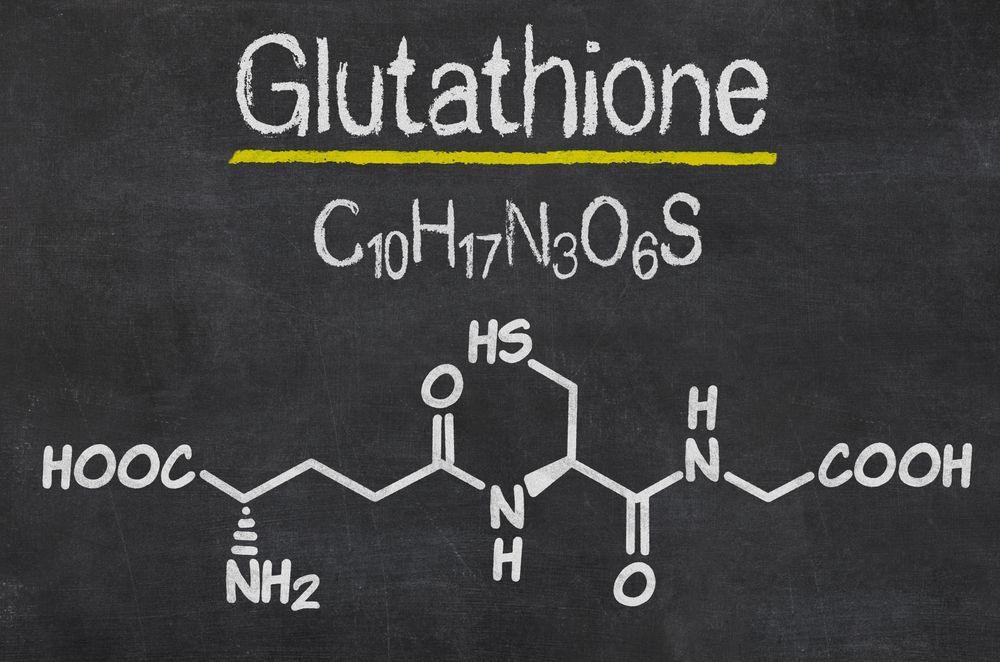Blog
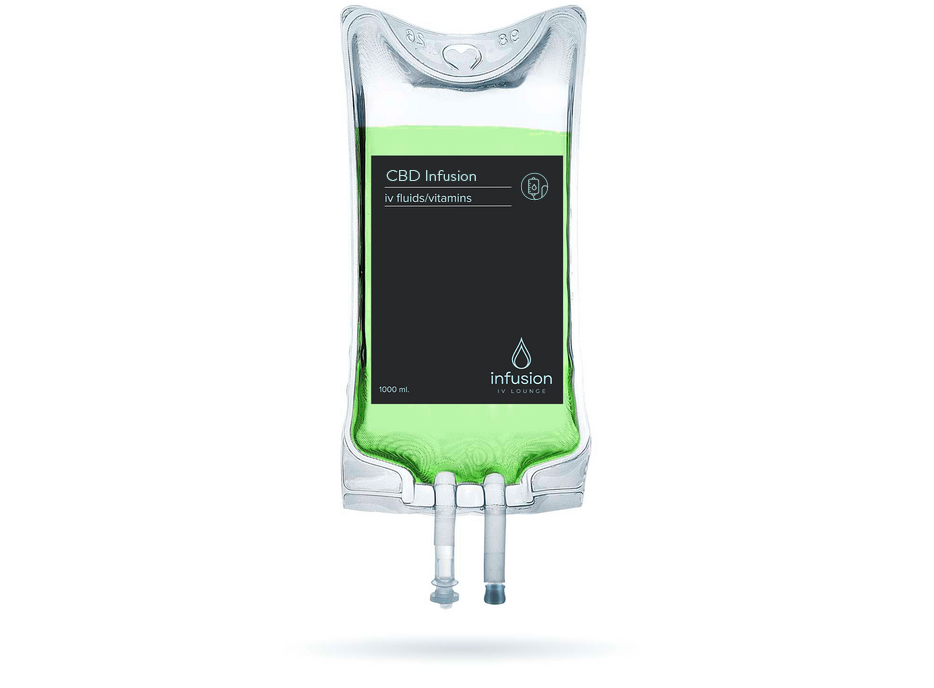
CBD, or cannabidiol, has become one of the most popular natural remedies for stress, pain relief, and overall wellness. But did you know you can take its benefits to the next level with CBD Infusion IV Therapy ? At Infusion IV Lounge Denver , we offer a specialized CBD infusion package delivered exclusively in our lounge, designed to maximize its effectiveness and provide fast-acting relief. Let’s dive into the many benefits of CBD infusion therapy and why it’s an excellent option for improving your mental and physical well-being. What Is CBD Infusion IV Therapy? CBD infusion IV therapy involves delivering CBD, along with a customized blend of hydration, vitamins, and nutrients, directly into your bloodstream. Unlike oral CBD oils or edibles that must pass through your digestive system, CBD IV therapy ensures rapid absorption and more effective results. At Infusion IV Lounge Denver , our CBD IV package is carefully formulated to help with a variety of issues, including pain management, anxiety relief, and recovery from physical stress. It’s a perfect solution for those who want to experience the maximum benefits of CBD in a relaxing and professional environment. Key Benefits of CBD Infusion IV Therapy 1. Fast and Effective Relief When you take CBD orally, it must go through the digestive system before reaching your bloodstream, which can significantly reduce its potency and delay the effects. CBD infusion therapy bypasses this process, delivering the compound directly into your bloodstream for near-instant results. Whether you’re looking for relief from chronic pain or need to calm your mind, CBD IV therapy works faster and more effectively than other methods. 2. Pain Management and Inflammation Reduction One of CBD’s most well-known benefits is its ability to reduce pain and inflammation. Studies have shown that CBD interacts with the body’s endocannabinoid system, which regulates pain and inflammation. By combining CBD with hydration and vitamins, our CBD infusion therapy provides comprehensive support for those dealing with conditions such as arthritis, muscle soreness, and post-workout recovery. 3. Reduces Anxiety and Promotes Relaxation In today’s stressful world, finding ways to relax and manage anxiety is more important than ever. CBD is widely recognized for its calming effects on the mind and body. When administered via IV therapy, CBD’s anxiety-reducing properties take effect quickly, helping you feel more at ease. Many clients find our CBD infusion package perfect for promoting relaxation after a long week or preparing for a big event. 4. Enhances Sleep Quality Struggling to get a good night’s sleep? CBD’s calming properties can help regulate sleep patterns and improve overall sleep quality. With CBD infusion therapy, the combination of hydration and stress-relieving nutrients creates the ideal environment for restorative sleep. If you’re looking for a natural way to unwind and wake up feeling refreshed, our CBD IV package is a game-changer. 5. Boosts Recovery After Physical Stress Whether you’re recovering from a tough workout or simply feeling run down, CBD infusion therapy provides your body with the nutrients it needs to bounce back quickly. The anti-inflammatory properties of CBD work in tandem with the vitamins and hydration included in our IV package to speed up recovery and improve overall well-being. Why Choose CBD Infusion IV Therapy? CBD infusion IV therapy isn’t just about delivering CBD—it’s about providing a comprehensive wellness experience. At Infusion IV Lounge Denver , our CBD package is designed to offer a range of benefits tailored to your needs: Enhanced Absorption: IV therapy ensures that 100% of the CBD and nutrients are absorbed by your body, maximizing the benefits. Customizable Treatments: Whether you need pain relief, stress reduction, or immune support, our team will customize your infusion to meet your goals. Relaxing Lounge Experience: Enjoy your treatment in the comfort of our luxurious lounge while our expert team takes care of you. Who Can Benefit from CBD Infusion Therapy? CBD infusion therapy is suitable for a wide range of individuals, including: Athletes: Perfect for post-workout recovery and reducing inflammation. Busy Professionals: Helps combat stress, anxiety, and mental fatigue. Chronic Pain Sufferers: Provides fast and effective pain relief for conditions like arthritis or migraines. Anyone Seeking Relaxation: Ideal for anyone looking to unwind and enjoy a sense of calm. How to Get Started with CBD Infusion IV Therapy Getting started with CBD infusion IV therapy is simple. Here’s how: Explore Our CBD Package: Visit our CBD infusion package page to learn more about what’s included. Schedule Your Appointment: Book your session online or call us to find a time that works best for you. Enjoy the Benefits: Relax in our lounge, and let the CBD work its magic. Why Choose Infusion IV Lounge Denver? At Infusion IV Lounge Denver , we’re committed to providing safe, effective, and customized IV therapy experiences. Here’s why clients trust us for their wellness needs: Expert Team: Our licensed professionals ensure every treatment is administered safely and effectively. High-Quality Ingredients: We use only the best CBD and nutrient blends to ensure maximum benefits. Luxurious Lounge Environment: Our state-of-the-art lounge provides the perfect setting for relaxation and rejuvenation. Discover the Benefits of CBD Infusion Therapy Today Ready to experience the incredible benefits of CBD infusion therapy? Visit our CBD infusion package page to learn more about this exclusive offering and schedule your appointment. At Infusion IV Lounge Denver , we’re dedicated to helping you achieve your wellness goals with personalized and professional care. Don’t wait—take the first step toward a healthier, more relaxed you today!
